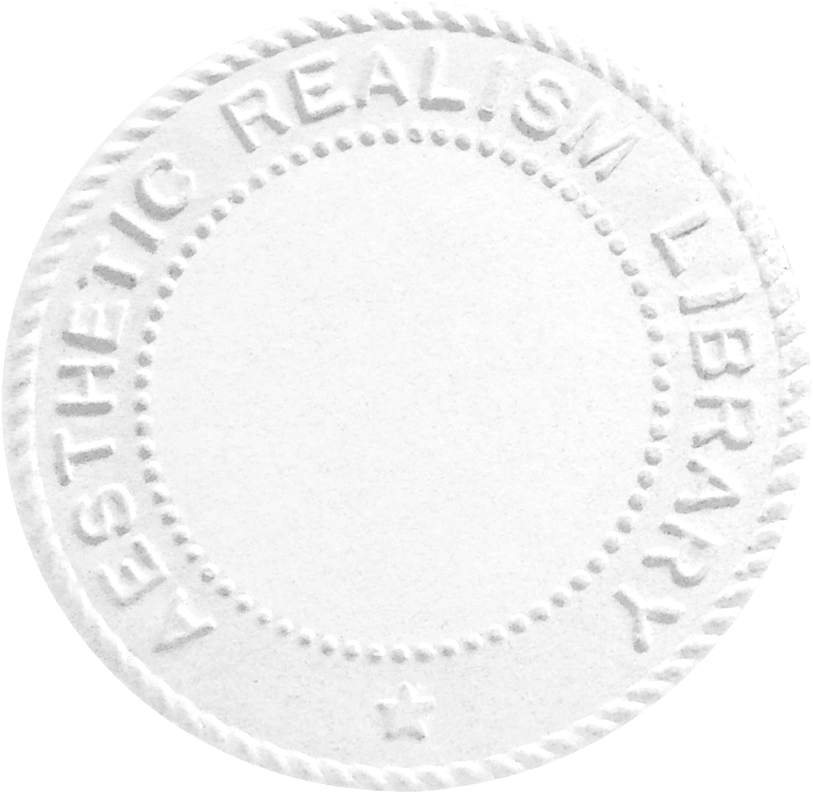Translations by Eli Siegel
“Eli Siegel’s translations of Baudelaire and his commentaries on them rank him with the most understanding of the Baudelaire critics in any language.”
—Kenneth Rexroth,The New York Times Book Review
The Voyage, VIII; By Charles Baudelaire
O Death, old captain, it is time! let us lift anchor.
This land tires us, O Death. Let us be under way!
If the sky and the sea are black as ink,
Our hearts, those you know, have rays of light!
Pour us your poison so that it comfort us!
We wish, this fire burns our brain, so much,
To plunge to the bottom of the gulf, Hell or Heaven, what does it matter?—
To the bottom of the Unknown, to find Something New!
From Hail, American Development (Definition Press)
© 1968 by Eli Siegel
See Eli Siegel’s translations of Baudelaire’s “Hymn,” “To the Reader,” and “The Albatross.” You can also find out more about Baudelaire on our sites.
We recommend as well “What Poetry Really Is—& Your Own Hopes,” an issue of The Right of Aesthetic Realism to Be Known, commentary by Ellen Reiss, lecture by Eli Siegel.



Eli Siegel’s note to the poem:
The Voyage, VIII; By Charles Baudelaire. 1967. Baudelaire had moods, aspects, hours, times of day, possibilities. One mood of Baudelaire made him find existence utterly pure beneath the disturbing, the vile, the helter-skelter and the heavy. Baudelaire’s poem Hymn sees a woman as beauty and right and loveliness and reality, all uninterfered with. In the present poem, the Unknown and New are given this utter likability: it is as if, with the unattractive something, there was, there to be ascertained by one if one is able, the unseen, unknown, new, and purely pleasing. Baudelaire was devoted to a kind of sharp absolute: which, being sharp, hid its absoluteness. When Baudelaire says “This land tires us,” he implies there is a land which will not. This land being New is lively in its utterness. The voyage of the poem is not just towards nothingness, as with Leconte de Lisle, three years older than Baudelaire. Abstract existence is tingling and engaging before the multiple author of Fleurs du Mal. The first line of Voyage, VIII is a tremendous instance of rhythmical rousingness and scope. Death, the old captain, lifts the anchor as if the Wonderful Reality Party, looked for by him and his friends, at last was definitely and unquestionably gone towards. No more biding; things are in motion with a sense of what they’re in motion for. Baudelaire’s death and voyage poem announces the death of torpor, dullness, incompleteness.